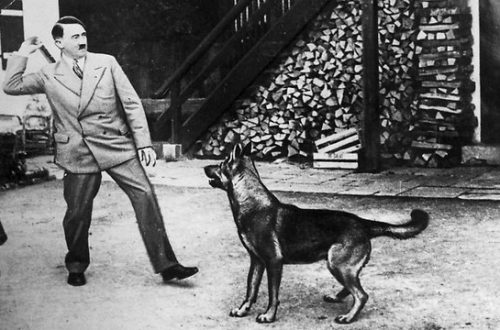House Republicans recently voted to stop funding National Public Radio.
If the legislation were enacted, it would permanently prohibit direct federal funding to NPR, ban public radio stations from using federal funds to pay their NPR dues and prevent those stations from using federal dollars to buy programming.
Some Republicans on the floor accused NPR of liberal bias and almost all said it could survive without federal funds.
“I happen to be a fan of National Public Radio, but I think the term ‘national treasure’ may just be a little bit of a stretch,” Rules Committee Chairman David Dreier (R-Calif.) said of the Democrats’ defense of NPR.
“We’re not trying to harm NPR,” added freshman Rep. Rich Nugent (R-Fla.). “We’re actually tying to liberate them from federal tax dollars.”
While NPR gets most of its funding from grants and donations, a cutoff of federal money would threaten public radio stations in less-wealthy and rural areas, which depend most heavily on government funds.
If you want an example of the kind of journalism NPR can do, and which is worth preserving for people in all regions of the country, take 20 minutes to listen to this report on the “All Things Considered” news show about Brock Savelkoul, an Iraq war veteran struggling with Post-Traumatic Stress Disorder and Traumatic Brain Injury.


